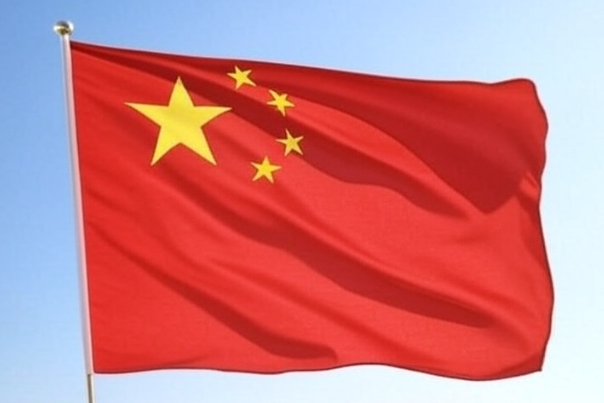Former U.S. Ambassador Nicholas Burns Says China Cynically Supports Iran:In a detailed analysis, former U.S. Ambassador Nicholas Burns highlights China’s cynical role in the escalating conflict between Israel and Iran. While Israel strikes Iran’s nuclear facilities to force Tehran back to negotiations, China continues to support Iran economically and politically, purchasing discounted oil and aligning with its anti-U.S. partnerships. Despite its influence, China is unlikely to intervene diplomatically, leaving the conflict to intensify as the U.S. supports Israel defensively but avoids direct involvement
Former U.S. Ambassador Nicholas Burns Says China Cynically Supports Iran
The world is watching closely as the conflict between Israel and Iran reaches a critical stage. With rising geopolitical tensions and high-stakes military actions underway, the situation is becoming a major test of global diplomacy and regional stability. Ambassador Nicholas Burns, former U.S. Ambassador to China and currently co-chair of the Aspen Strategy Group, offered a comprehensive analysis of the situation during a recent interview.
According to Ambassador Burns, Israel’s recent military action against Iran stems from long-standing frustrations over Iran’s persistent pursuit of nuclear capabilities. For more than two decades, the United States, Europe, and even countries like Russia and China have attempted to negotiate with Iran to halt its nuclear ambitions. Burns himself was part of these efforts during the George W. Bush administration. However, despite years of negotiations, sanctions, and international pressure, Iran has not relented.
Recently, Iran walked away from the latest negotiations with the United States, further aggravating the situation. In response, the United Nations issued a report condemning Iran’s inability to honor its international commitments. This breakdown in diplomacy led Israel to take decisive military action aimed at crippling Iran’s nuclear infrastructure. The key objective for Israel now is whether they can inflict enough damage to set back Iran’s nuclear program significantly, potentially forcing Iran back to the negotiating table.
Ambassador Burns pointed out that while this military confrontation is intense, it currently remains contained between Israel and Iran. It is one of the most serious conflicts in the Middle East in recent memory, involving two of the region’s most powerful nations. So far, there is no clear indication that the conflict will spill over to involve other regional players or escalate into a broader war. Despite the scale of the conflict, President Donald Trump has made it clear that the United States will not participate directly in the fighting. However, the U.S. continues to support Israel defensively, especially through air defense systems, which are proving vital in countering Iran’s missile attacks.
The conflict also has significant international dimensions, particularly involving China. China has openly criticized Israel’s military actions over the past few days. As the primary purchaser of Iranian oil, China has substantial economic ties with Tehran. Moreover, China’s strategic partnership with Iran, Russia, and even North Korea reflects a broader anti-U.S., anti-Western alliance, according to Ambassador Burns. Despite these close ties, Burns does not expect China to take a proactive role in defusing the situation. He characterized China’s stance as “cynical,” suggesting that while Beijing supports Iran politically and economically, it is unlikely to intervene diplomatically to pressure Iran into standing down.
Recently, China condemned Israel’s strikes on Iran, warning of “catastrophic consequences” and demanding restraint. Beijing echoed Tehran’s line, insisting Iran’s nuclear sites are “peaceful” and accusing Israel of trying to drag the U.S. into war. According to FDD
At this juncture, the key questions remain: Can Israel succeed in setting back Iran’s nuclear program substantially enough to make their military campaign worthwhile? Will the sustained military pressure force Iran back to negotiations? And will the conflict continue to remain contained, or might it ignite broader instability in the region?
As the situation unfolds, global markets, diplomats, and governments are monitoring the developments closely. The stakes are high, not only for Israel and Iran but for the entire Middle East and the broader international community. With the U.S. supporting Israel’s right to defend itself, and China backing Iran, the geopolitical chessboard remains delicately balanced.
Disclaimer:
This article is for informational purposes only. The views expressed are based on available news reports and expert commentary. Readers should verify information independently before drawing any conclusions. The author and publisher are not responsible for any decisions made based on this content.

